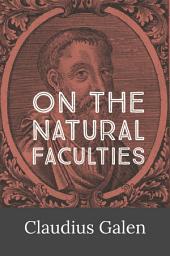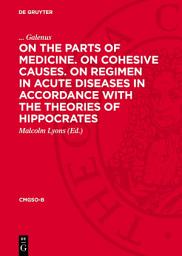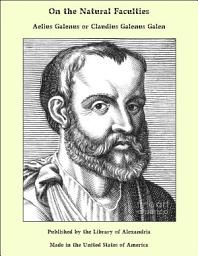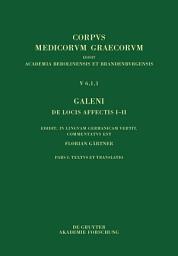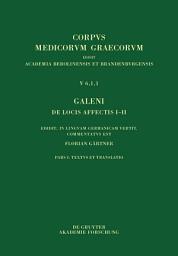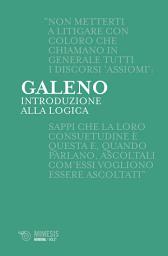Galen
Aelius Galenus or Claudius Galenus, often anglicized as Galen or Galen of Pergamon, was a Roman and Greek physician, surgeon, and philosopher. Considered to be one of the most accomplished of all medical researchers of antiquity, Galen influenced the development of various scientific disciplines, including anatomy, physiology, pathology, pharmacology, and neurology, as well as philosophy and logic.
The son of Aelius Nicon, a wealthy Greek architect with scholarly interests, Galen received a comprehensive education that prepared him for a successful career as a physician and philosopher. Born in the ancient city of Pergamon, Galen traveled extensively, exposing himself to a wide variety of medical theories and discoveries before settling in Rome, where he served prominent members of Roman society and eventually was given the position of personal physician to several emperors.
Galen's understanding of anatomy and medicine was principally influenced by the contemporary theory of the four humors: black bile, yellow bile, blood, and phlegm, as first advanced by the author of On the Nature of Man in the Hippocratic corpus.
The son of Aelius Nicon, a wealthy Greek architect with scholarly interests, Galen received a comprehensive education that prepared him for a successful career as a physician and philosopher. Born in the ancient city of Pergamon, Galen traveled extensively, exposing himself to a wide variety of medical theories and discoveries before settling in Rome, where he served prominent members of Roman society and eventually was given the position of personal physician to several emperors.
Galen's understanding of anatomy and medicine was principally influenced by the contemporary theory of the four humors: black bile, yellow bile, blood, and phlegm, as first advanced by the author of On the Nature of Man in the Hippocratic corpus.
Ebooks
